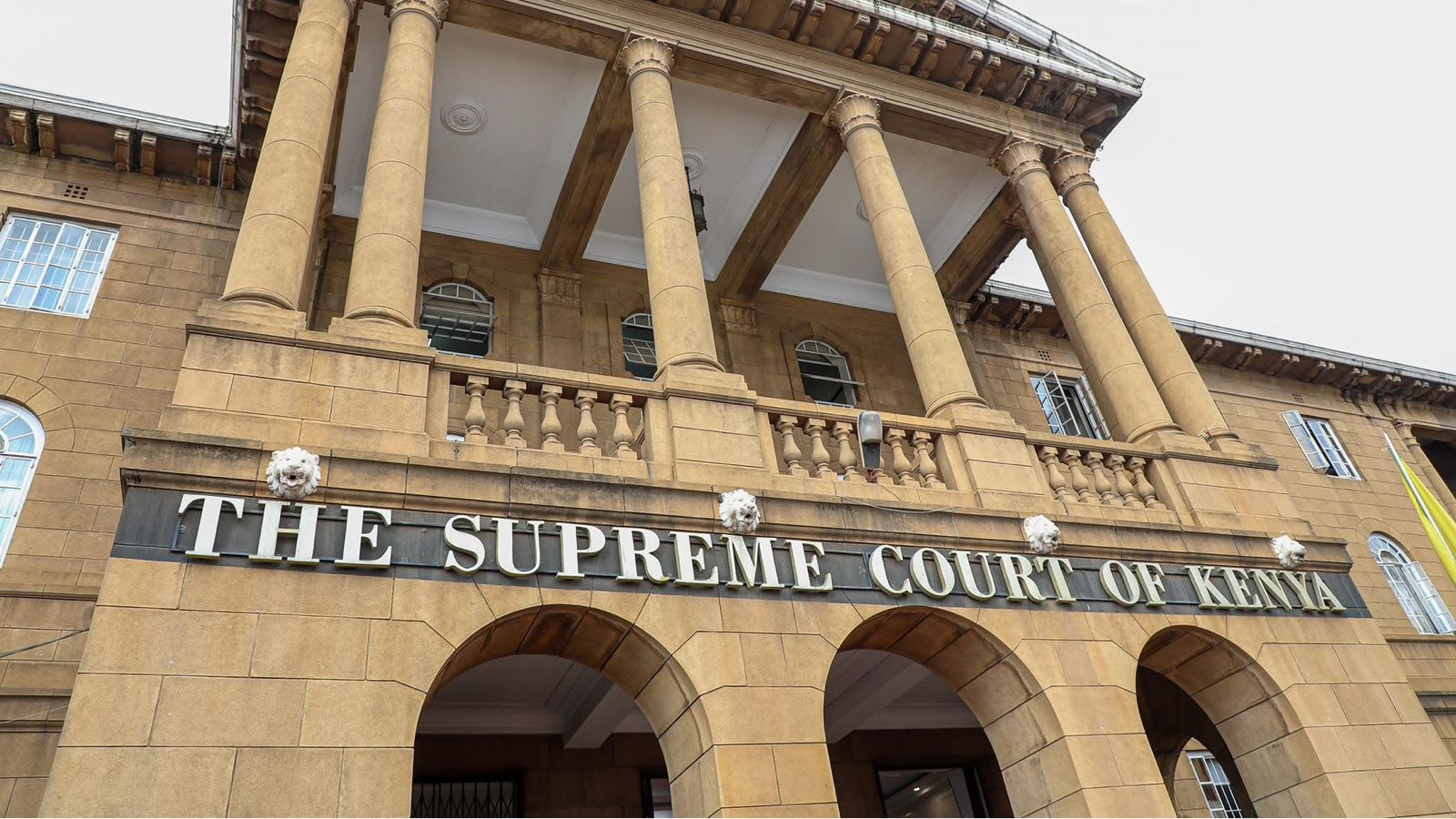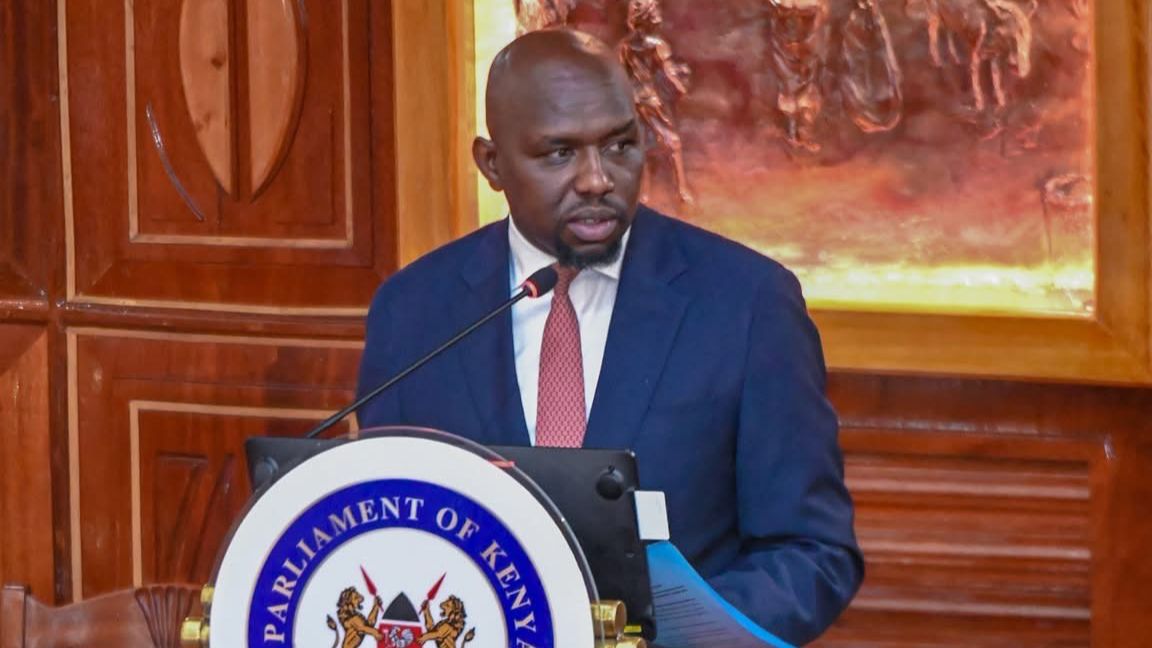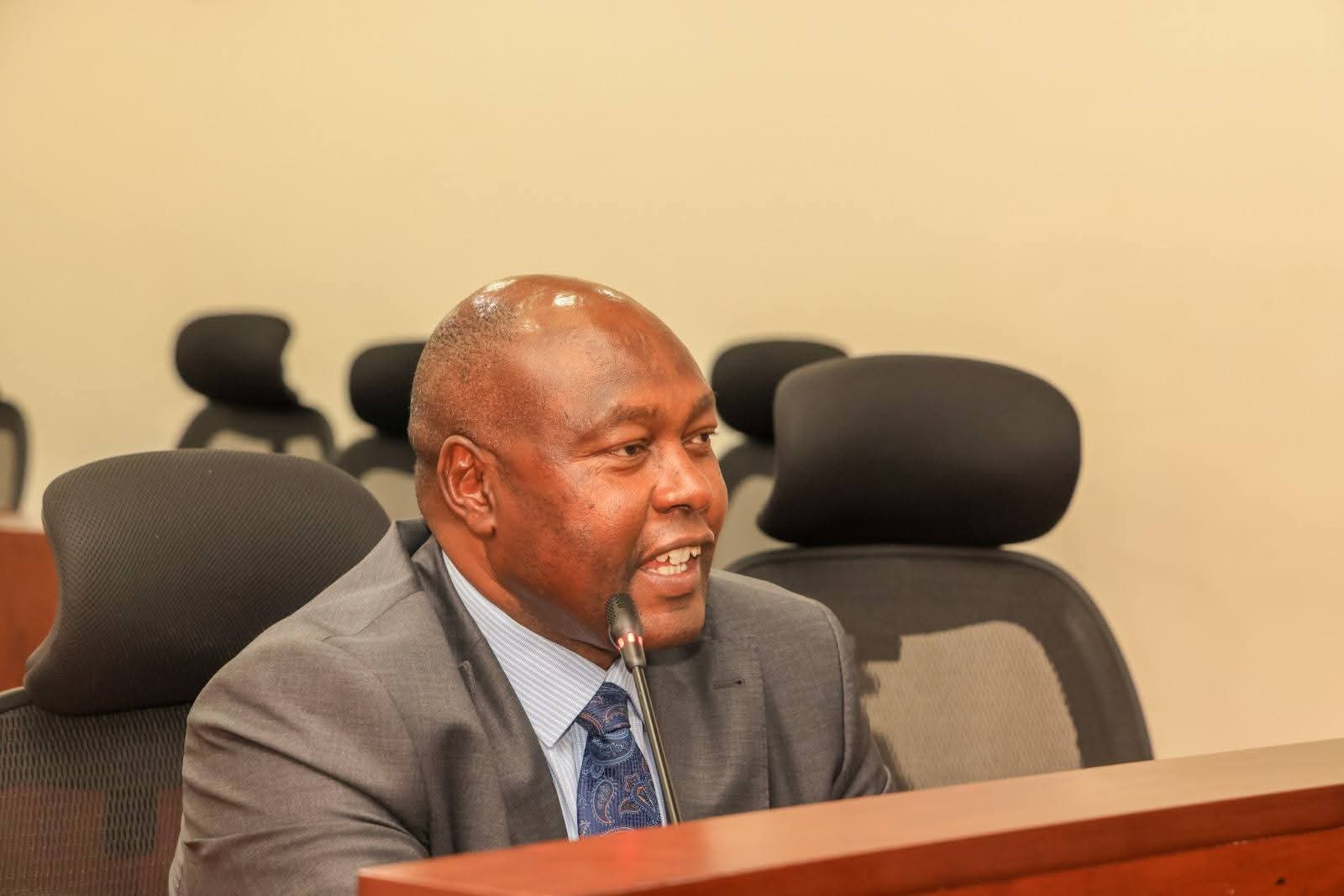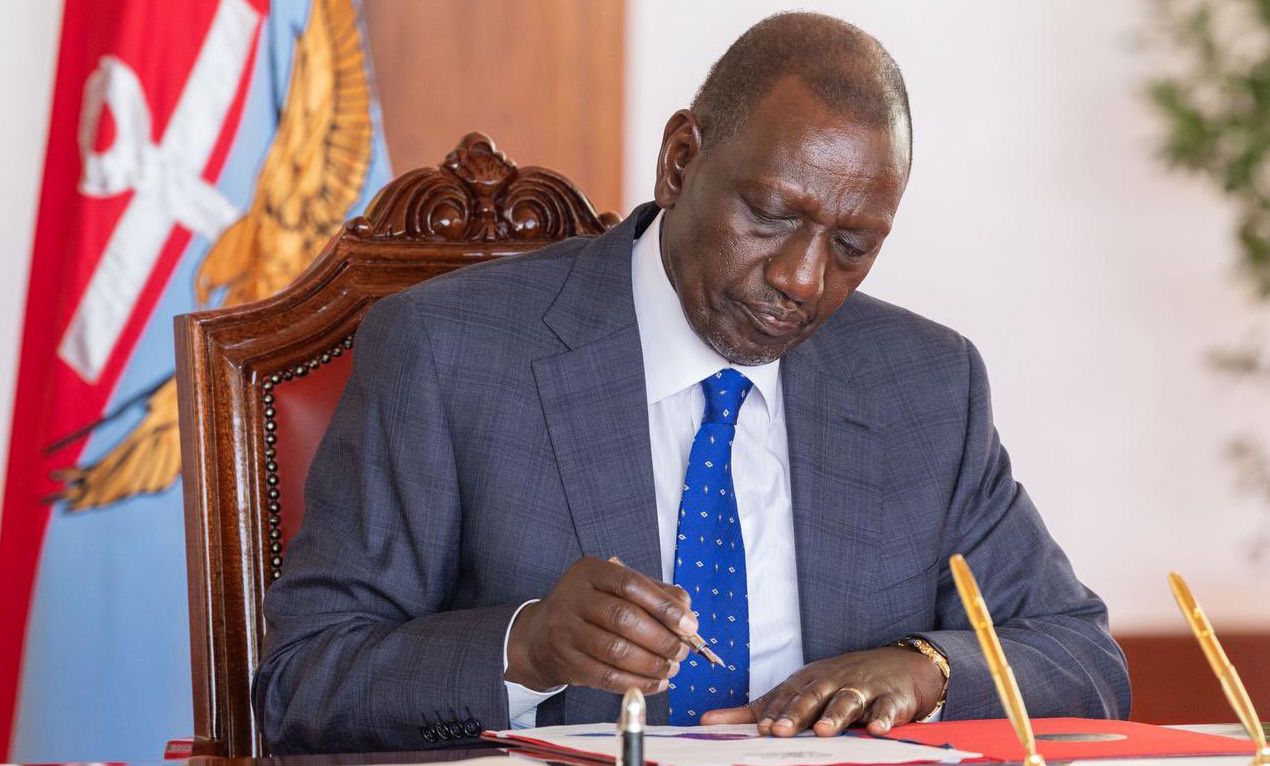Chief Justice Martha Koome has announced that the Supreme Court is set to go for its annual August recess.
In a gazette notice dated Tuesday, July 8, Koome declared that the Supreme Court will commence its recess on Friday, August 1, and resume on Monday, September 15.
"The Supreme Court August recess will commence on Friday, 1st August, 2025 and terminate on Monday, 15th September, 2025 both days inclusive," the notice read.
Koome noted that despite the break, the Supreme Court will not completely halt its operations as a duty Judge will be available to handle urgent matters.
"The duty Judge will be available during recess to deal with urgent matters,' the notice further read.
Read More
Koome also assured members of the public that access to the Court Registry will remain available on weekdays throughout the recess.
"During this period, the Supreme Court Registry shall be open to the public from 8.30 a.m. to 5.00 p.m. on all weekdays other than public holidays," the notice further read.
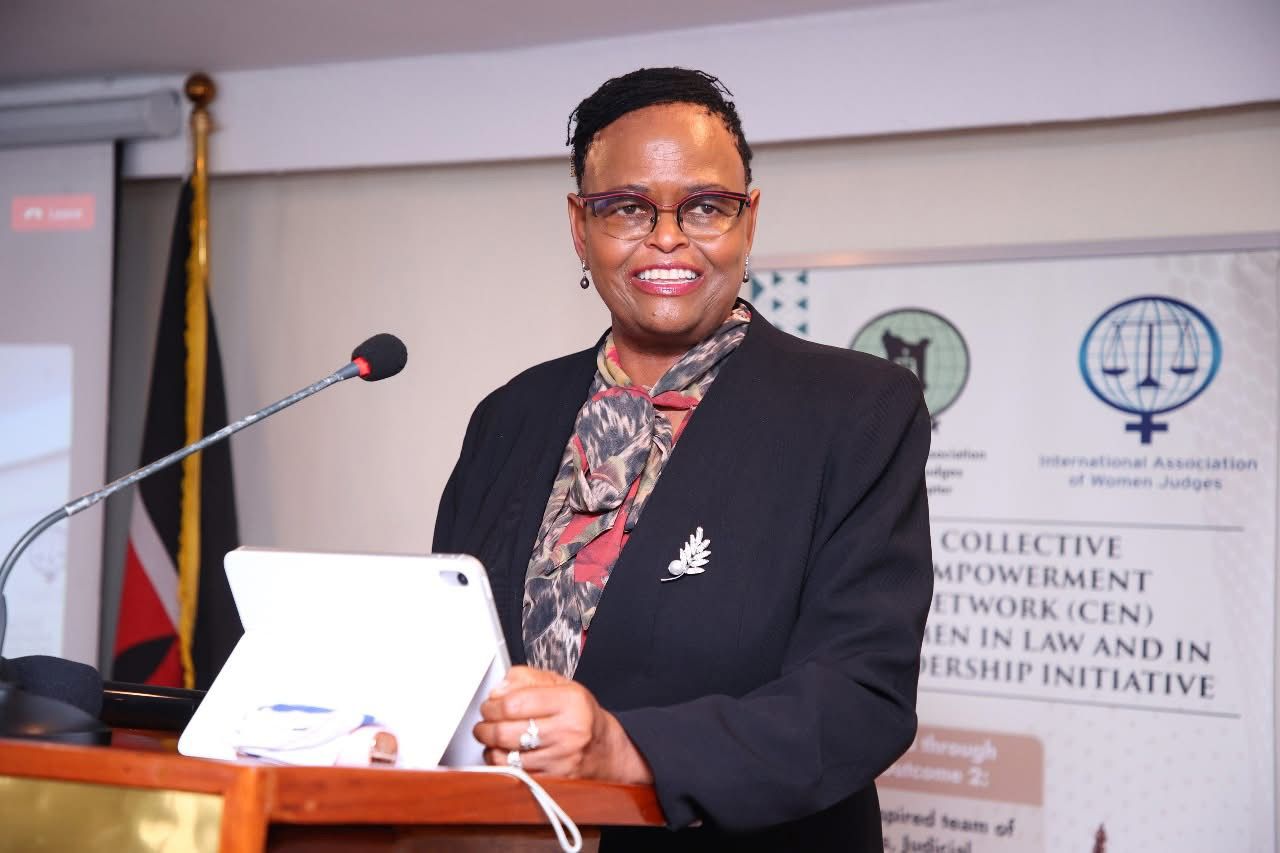
During the six‑week recess, judges step back from active hearings and use the time to focus on tasks that aren’t possible while court is in session.
This includes legal research, draft pending judgments, and tends to internal court administration.
At the same time, the Court of Appeal announced its recess starting Friday, August 1, and ending on Monday, September 15.
In a notice, Court President Justice Daniel Musinga, confirmed that the court will suspend regular sittings during the period.
However, he stated that the court registry will remain accessible to the public from 9:00 a.m. to 12:00 p.m. on weekdays, excluding public holidays.
Musinga also noted that provisions have been made to address urgent matters, with designated judges available throughout the recess.
Similarly, the break allows appellate judges to focus on writing judgments, conducting legal research, and reviewing pending cases.
